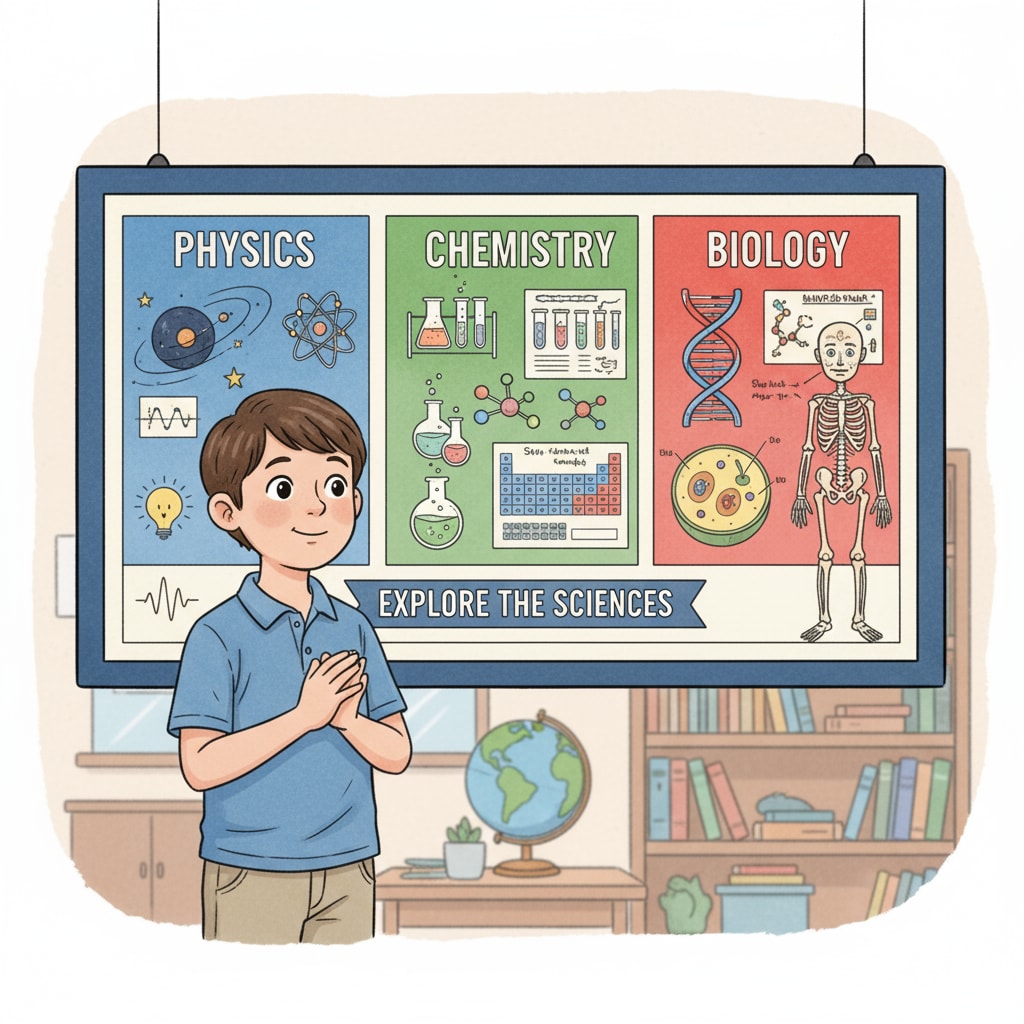Software engineering, degree conversion, and career planning are intertwined aspects that many students grapple with, especially when considering a shift from software engineering to hard science fields. The world of academia and career paths is ever-evolving, and students often find themselves at crossroads, pondering the next steps in their educational and professional journey.

As software engineering students progress in their studies, some may develop a newfound interest in hard science disciplines such as physics, chemistry, or biology. This shift in academic inclination brings about a unique set of challenges and opportunities.
The Motivations Behind the Shift
There are several reasons why software engineering students might consider a transition to hard science fields. Firstly, a genuine passion for the fundamental principles of hard sciences can emerge during their academic years. For example, exposure to interdisciplinary projects that combine software with scientific research may spark an interest in exploring the scientific underpinnings more deeply. Secondly, career prospects play a significant role. Some students perceive greater long-term opportunities in hard science sectors, where technological advancements are creating new demands for professionals with a blend of software and scientific knowledge. Career development on Wikipedia

The Challenges of Degree Conversion
Degree conversion from software engineering to hard science fields is not without its hurdles. One major challenge is the significant difference in curriculum. Hard science programs typically require a solid foundation in mathematics, laboratory skills, and theoretical knowledge that may not be fully covered in a software engineering curriculum. Additionally, the pace of study can be a challenge. Catching up on years of missed coursework while maintaining a good academic standing can be overwhelming. Another aspect is the need to adapt to different teaching and learning styles. Hard science courses often involve hands-on experiments and in-depth theoretical analysis, which may be different from the more project-based learning in software engineering. Education on Britannica
Despite these challenges, there are viable paths for software engineering students to make this transition. One option is to pursue a second degree in the desired hard science field. This allows for a comprehensive and structured learning experience, ensuring a solid understanding of the new discipline. However, this route requires a significant investment of time and resources. Another approach is to take relevant courses as electives or through online platforms. This can help build the necessary knowledge base without committing to a full degree program. Some institutions also offer bridging programs that are specifically designed to ease the transition for students from different backgrounds.
Readability guidance: As we can see, the decision to convert degrees is complex. Students need to weigh the pros and cons carefully. They should consider their long-term career goals, available resources, and personal interests. In addition, seeking advice from academic advisors and professionals in the desired field can provide valuable insights. By understanding the challenges and available options, software engineering students can make informed decisions about their academic and career paths.


